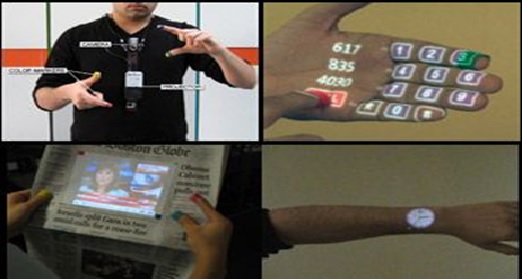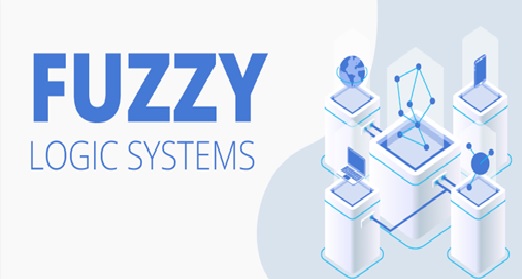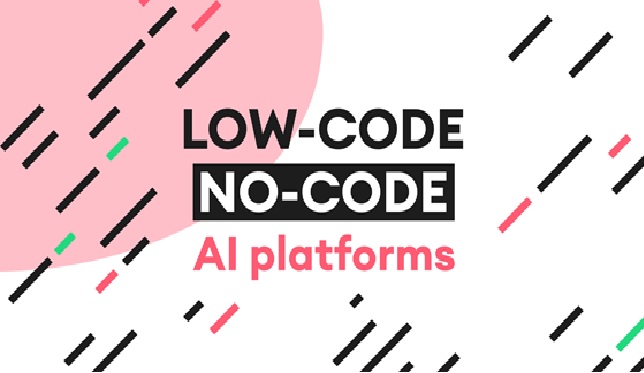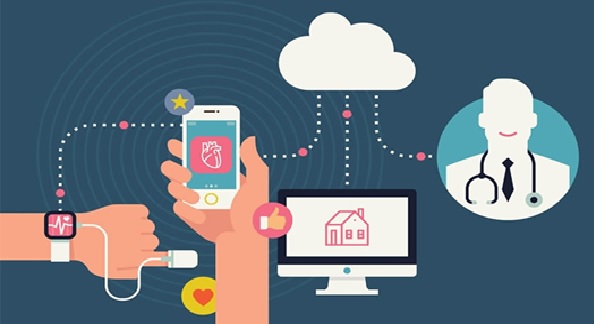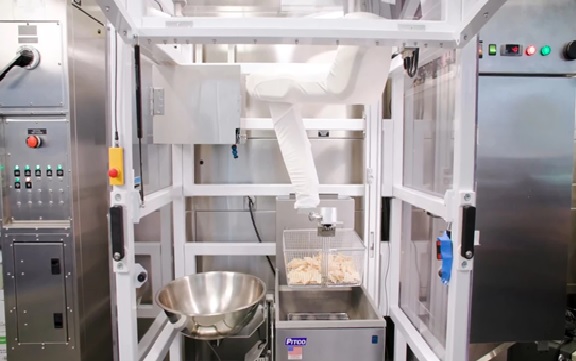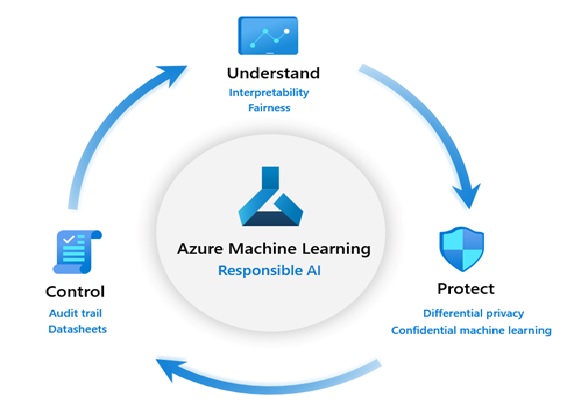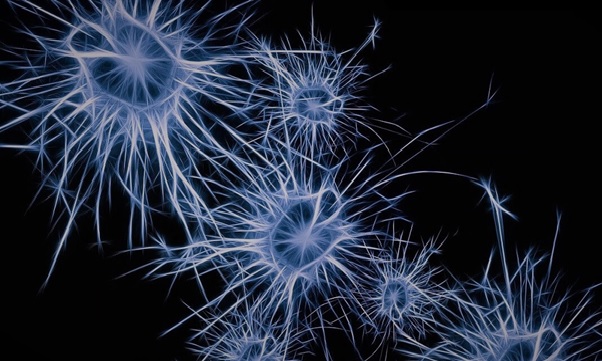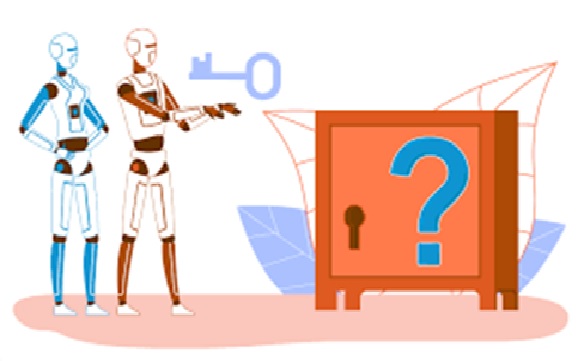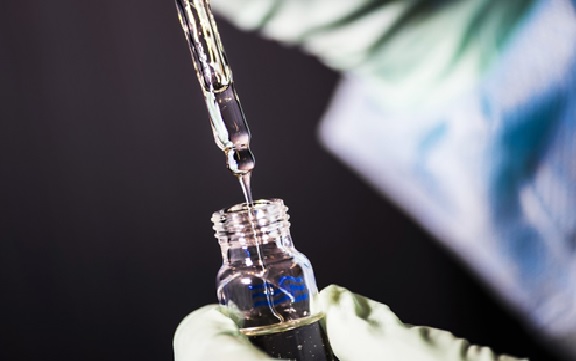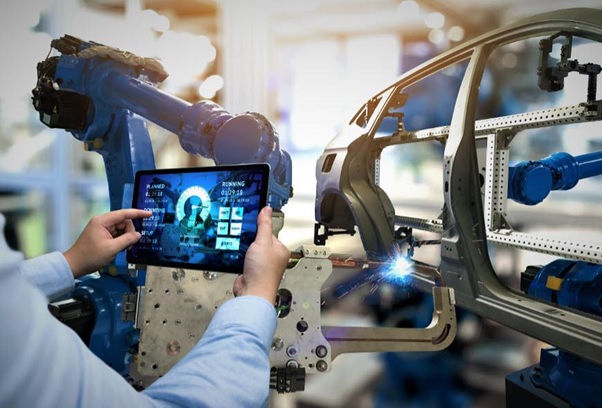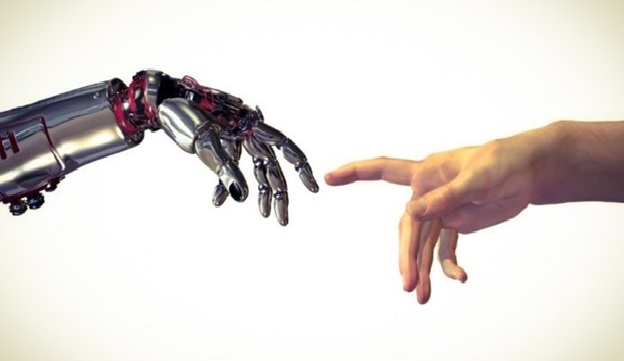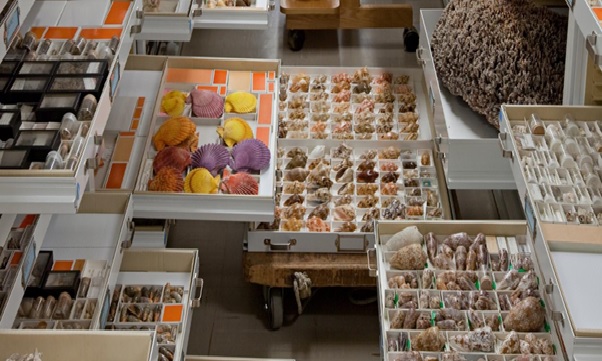Applications of Industrial Internet of Things (IIoT)
Industrial IoT is an ecosystem of devices, sensors, applications, and associated networking equipment that work together to collect, monitor, and analyze data from industrial operations. Analysis of such data helps increase visibility and enhances troubleshooting and maintenance capabilities. It can also increase efficiencies, reduce costs, and improve safety and security. [1]
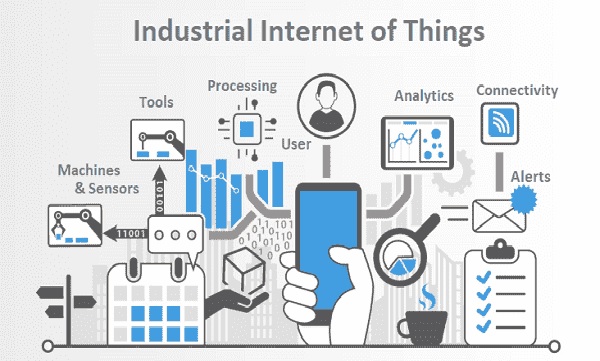
Figure 1. Applications of Industrial Internet of Things (IIoT)
Figure 1 shows IIoT is a network of intelligent devices connected to form systems that monitor, collect, exchange and analyze data. Each industrial IoT ecosystem consists of:
- connected devices that can sense, communicate and store information about themselves;
- public and/or private data communications infrastructure;
- analytics and applications that generate business information from raw data;
- storage for the data that is generated by the IIoT devices; and people. [2]
Applications of IIoT
The introduction of IoT has opened gates for multitude of possibilities of performance upgrades through total control. IoT has moved out from our homes and offices to the industrial segment, and hence known to become IIoT (Industrial Internet of Things). Industrial IoT in Manufacturing industry is a core element of the transformation, and by far it has seen the most investment, which makes for a promising future. [4]
Production
Currently production sectors use IIoT technology the most. Smart machines, enabled with IIoT, can self-monitor and anticipate possible production hurdles. This results in lowered downtime and better efficiency.
Supply Chain
While keeping up production numbers is important, smooth delivery across the supply chain is also crucial. With IIoT, orders can automatically replenish stocks when needed. This reduces waste, maintains stock numbers, and makes sure the right amount of raw materials are always available. With the automation of supply chains and ordering, employees can focus on more complex areas of functioning.
Building Management
Most building management issues can be addressed with IIoT technology. Sensor-driven climate control removes all the uncertainty related to managing a building’s internal climate and takes all needed factors into consideration--such as the number of people, ventilation spots, machinery, and more. IIoT enhances building security with smart devices that assess possible threats from any entry points of a building.
Healthcare
Healthcare has embraced smart devices for a long time now. Healthcare professionals can remotely monitor patients and are alerted by any status change. This makes healthcare more precise and personal. In the future, artificial intelligence may be able to assist with diagnoses, enabling doctors to treat patients more accurately and effectively. [3]
References:
- https://www.cisco.com/c/en/us/solutions/internet-of-things/what-is-industrial-iot.html
- https://internetofthingsagenda.techtarget.com/definition/Industrial-Internet-of-Things-IIoT
- https://www.tibco.com/reference-center/what-is-iiot
- https://infinite-uptime.com/blog/industrial-iot-in-manufacturing/
Cite this article:
Thanusri swetha J (2022), Applications of Industrial Internet of Things (IIoT), AnaTechMaz, pp. 59


